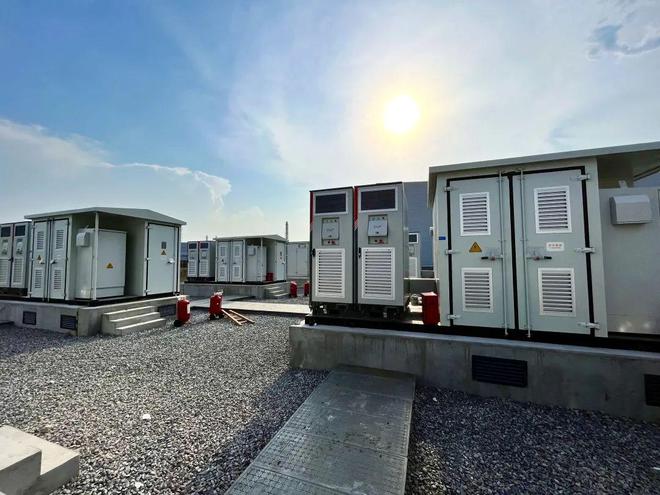
Aug . 17, 2024 08:18 Back to list
Exploring China's Battery Energy Storage Solutions for Utilities, Industry, and Commercial Use
Energy Storage Systems in China A Focus on Battery Technology for Electric Utility, Industrial, and Commercial Applications
In recent years, China has emerged as a global leader in the development and deployment of energy storage systems (ESS), particularly in the realm of battery technology. With the rapid expansion of renewable energy sources like solar and wind, the need for efficient energy storage solutions has become increasingly critical. Battery energy storage systems play a crucial role in stabilizing the grid, facilitating energy management, and optimizing energy usage across various sectors, including electric utilities, industrial applications, and commercial enterprises.
The Role of Battery Energy Storage Systems
Battery energy storage systems provide a mechanism for storing excess energy generated during periods of low demand or high renewable output and releasing it when needed. This capability is essential for enhancing the reliability and resilience of the power grid. In China, where renewable energy generation has seen exponential growth, the integration of battery storage is crucial for addressing challenges associated with supply variability.
For electric utilities, battery storage solutions enable load leveling, frequency regulation, and peak shaving, thus helping to maintain grid stability. These systems can provide backup power during outages and support the integration of distributed energy resources, ensuring a smoother transition to a more decentralized energy system.
Industrial Applications
In the industrial sector, companies are increasingly recognizing the value of battery storage systems as a means to enhance operational efficiency and reduce energy costs. Industries often face significant electricity expenses due to demand charges associated with peak usage. By implementing energy storage, companies can shift their energy consumption to off-peak hours, thereby lowering their electricity bills. Moreover, battery systems can provide uninterrupted power supply (UPS) capabilities, safeguarding critical operations from voltage fluctuations and outages.
china battery energy storage systems for electric utility industrial and commercial applications

Furthermore, industries with substantial energy requirements, such as manufacturing and heavy industry, can benefit from demand response programs facilitated by battery storage. These programs allow businesses to act as flexible loads, offering capacity back to the grid in exchange for financial incentives, thus fostering a more dynamic and responsive energy market.
Commercial Applications
The commercial sector is also leveraging battery energy storage to enhance energy management strategies. Retail businesses, office buildings, and other commercial entities face similar challenges related to energy costs and reliability. By adopting battery storage solutions, commercial facilities can optimize their energy usage, reduce demand charges, and improve their sustainability profile.
Moreover, battery energy storage systems can support the increasing adoption of electric vehicles (EVs) by providing charging infrastructure that is more aligned with grid demands. As the EV market continues to grow, integrating battery storage into charging stations will be vital for managing charging loads and minimizing the impact on the grid during peak times.
Conclusion
As China continues to advance its energy transition goals, the role of battery energy storage systems for electric utilities, industrial applications, and commercial enterprises will only become more significant. These systems facilitate the integration of renewable energy, enhance grid reliability, and optimize energy usage across varying sectors.
With ongoing innovations in battery technology, coupled with governmental support and favorable policies, China is well-positioned to unlock the full potential of energy storage systems. As countries worldwide look towards sustainable energy solutions, China’s progress serves as an important model for harnessing the power of battery energy storage, paving the way for a more resilient and efficient energy future.
-
AI-Powered EMS with GPT-4-Turbo | Efficiency Boost
NewsAug.01,2025
-
Optimized Storage System for GPT-4-Turbo | High Performance
NewsJul.31,2025
-
AI Energy Management System w/ GPT-4 Turbo Efficiency
NewsJul.31,2025
-
High-Performance Energy Storage System for Reliable Power Solutions
NewsJul.30,2025
-
Advanced EMS Solutions for Energy Management System & Storage Battery Companies
NewsJul.29,2025
-
Intelligent Energy Management for Homes - Efficient Storage Solutions
NewsJul.29,2025























